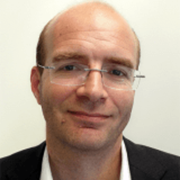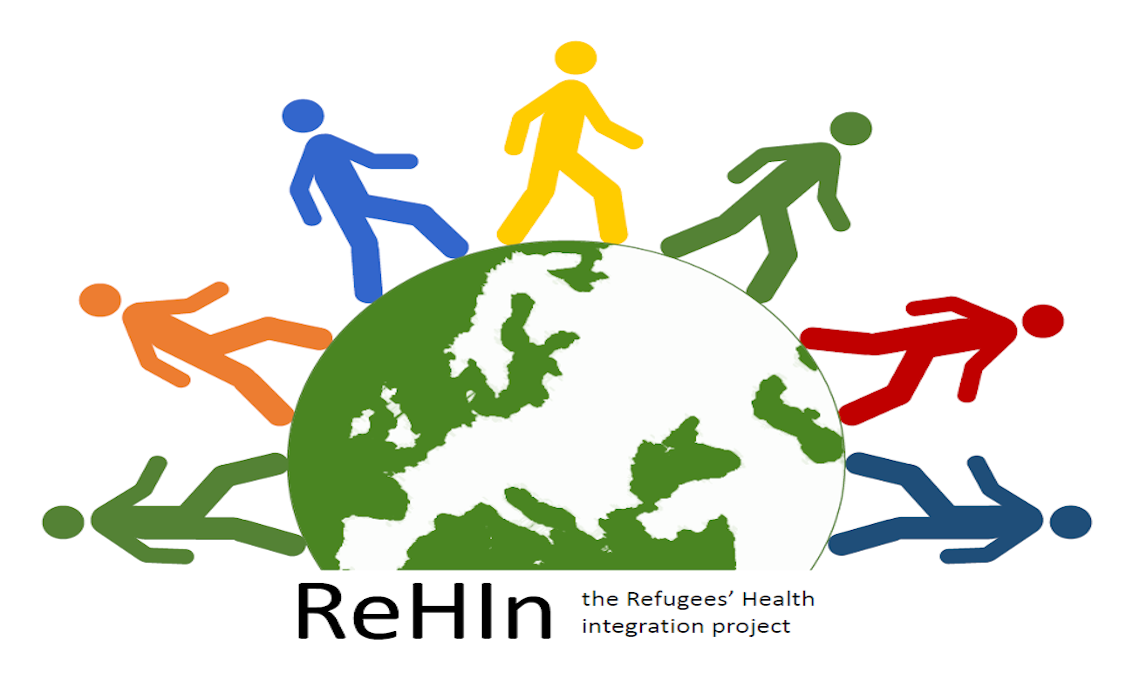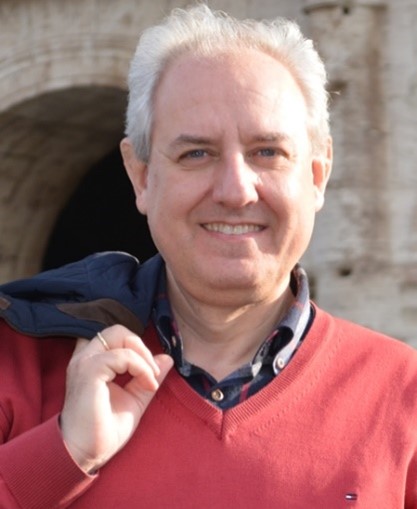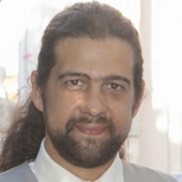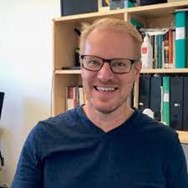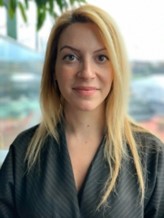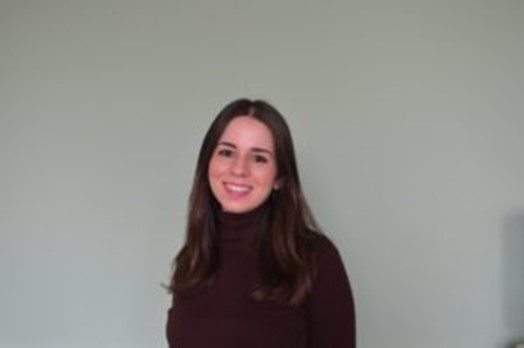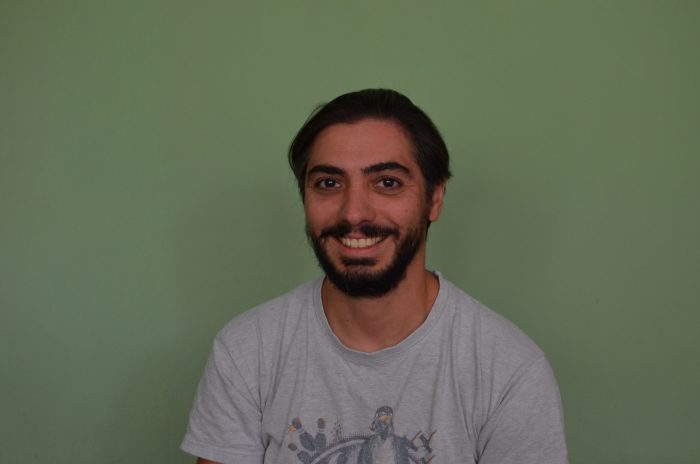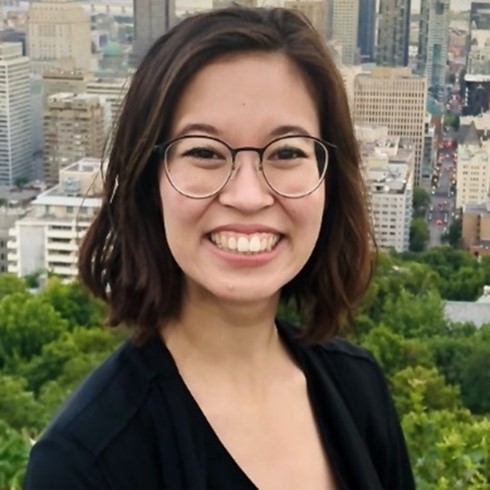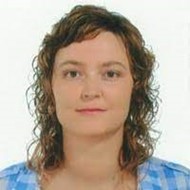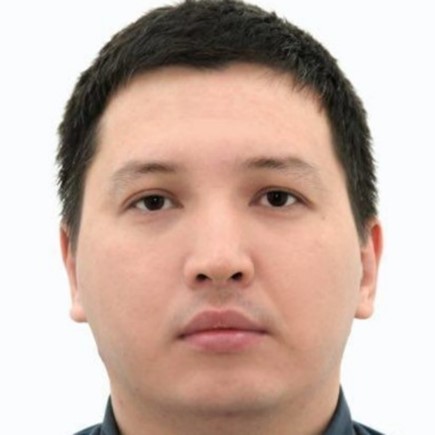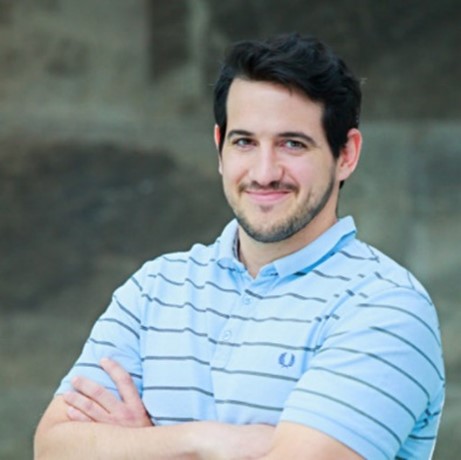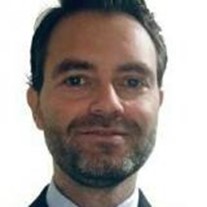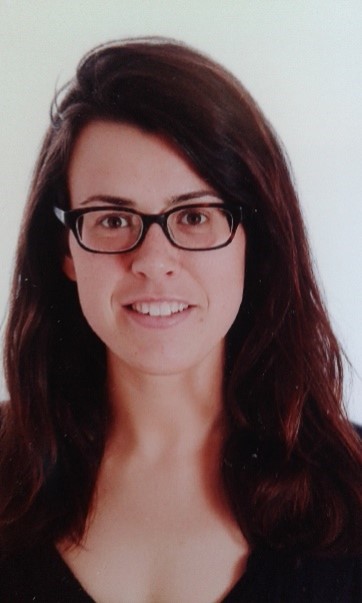Course lenght
34 weeks
About this course
This course offers a number of creative digital resources to enable the integration of refugees into the European Union health culture.
The fundamental objectives of “ReHIn” lay in the integration in terms of the use of the health services, but also in the way that health and medicine are practiced in the EU in comparison to major refugees’ home countries.
Through Reusable Learning Objects (RLOs) and their combination into a MOOC, “ReHIn” will foster respect and understanding for diversity in Health, intercultural and civic competencies, but also it will enable health values and citizenship within the EU.
Instructors
Vicente Traver Salcedo
Doctor in Telecommunications Engineering at Valencia Polytechnic University, his Research, Development and Innovation operations and technological transference pursuits focus on telemedicine and e-health, and directing the SABIEN group (Technological Innovation for Health and Well-being) of ITACA. A professor at Valencia Polytechnic University, he has lectured on ICTs and health subjects since 2001.
Panagiotis Bamidis
Panagiotis Bamidis is a Professor of Medical Physics, Informatics and Medical Education and Director of the Lab of Medical Physics and Digital Innovation in the School of Medicine of the Aristotle University of Thessaloniki (AUTH), Greece. He designs, implements and evaluates IT and Assistive Technologies systems that improve everyday activities and overall quality of life of older people and other vulnerable groups as well as the education and training of healthcare professionals and medical students.
Stathis Konstantinidis
Doctor and an Associate Professor in e-Learning and Health informatics at the University of Nottingham, UK, and an active member of DICE research group and HELM team, which work spans a number of intertwining themes on Digital Innovations in healthcare and Education.
Klas Karlgren
Doctor in Philosophy and an associate professor and senior researcher at Karolinska Institutet. He is also a research coordinator at the Södersjukhuset hospital in Stockholm, Sweden, and
associate professor at SimArena at the Western Norway University of Applied Sciences (HVL) in Bergen, Norway. He has a large experience in technology-enhanced learning, interaction design, usability, human-machine interaction, and medical education.
Natalia Stathakarou
Project Coordinator and PhD student at Karolinska Institutet. She holds an MSc degree in Health Informatics and a BSc in Computer Science. She coordinates several Erasmus+ projects and she is one of the course leaders in the Health Informatics MSc program at Karolinska Institutet. Her research focus is on the education and training of team leaders’ decision-making in civilian and military complex trauma care, funded by the Swedish Armed Forces.
Ioanna Dratsiou
Bachelor’s degree from School of Primary Education and a Master’s degree, Master of Science in Learning Technologies, both from the Aristotle University of Thessaloniki, (AUTH) Greece. She currently works as a Research Associate in the Lab of Medical Physics and Digital Innovation, School of Medicine AUTH. She has experience in applying Living Lab methodologies and interacting with end-users for the development of innovative technological solutions.
Annita Varella
Bachelor’s degree in Psychology from the University of Greenwich in London, United Kingdom. She is currently a Research Assistant in the Lab of Medical Physics and Digital Innovation in the School of Medicine, Aristotle University of Thessaloniki (AUTH). Her research interests include the design, exploitation and evaluation of Assistive Technologies in the context of healthcare integration and support of vulnerable populations, aiming to improve their overall quality of life along with their cognitive enhancement and social inclusion.
Iraklis Tsoupouroglou
Iraklis Tsoupouroglou holds a degree in Computer Science and a Master’s degree in Web Intelligence both from the Technological Educational Institute of Thessaloniki, Greece. He is currently employed as a Research Associate at the Lab of Medical Physics & Digital Innovation, School of Medicine in Aristotle University of Thessaloniki (AUTH), Greece. His research interests include ICT tools and assistive technologies and artificial intelligence. Other areas of interest are web development, operating systems, and cyber security.
Maxine G. Harjani
Bachelor of Dental Science from the University of British Columbia and a Master of Health informatics from Stockholm University. She currently works as a researcher at Karolinska Institutet applying her experience as a primary healthcare provider and her education in health informatics and data sciences in research projects as REHIN to improve the healthcare experiences of both patients and healthcare providers.
Lucía Aparici Tortajada
Telecommunications Engineer from the Polytechnic University of Valencia in 2012 and Master in Biomedical Engineering in 2016. She has more than seven years of experience in research both in private companies and in the university field. He has participated in the request for numerous projects at local, community, national and European level, all focused on the biomedical field, health and well-being of people.
Daniyar Sapargaliyev
Doctor in Pedagogy and Psychology at the Eurasian National University. He is a research assistant at the University of Nottingham with background in the field of Social and Computer Science with experience in the field of mobile and wearable technologies, qualitative and quantitative methods, data analysis and human-computer interaction.
Antonio Martínez Millana
He has more than 10 years of experience in the research and development of European e-health projects as part of the SABIEN group at Valencia Polytechnic University. His research has focused mainly on the implementation and standardization of communication protocol between medical sensors and portable desktop applications, concentrating mainly on the management of diabetes, and the design of Personal Health Systems (PHS) within unchecked environments.
Juan José Lull Noguera
Doctor in Informatic Engineering and an Assistant Lecturer at Valencia Polytechnic University (UPV). He is also a Senior Researcher at UPV. For the last years, he has been a researcher with a programming and software management background. He also has experience in the creation of startups, management, and participation in software development teams and IoT implementation. He currently manages software needs for research projects, participation in them, and internal advice on Data Protection.
María Segura Segura
Bachelor’s degree in Sciences of Physical Activity and Sport from Alicante University and a Bachelor’s degree in Business Management from Valencia Polytechnic University (UPV). She currently works as a technical officer at SABIEN group of UPV working on the administrative and financial issues of local, national, and European projects. She is also involved in various healthcare research projects.
